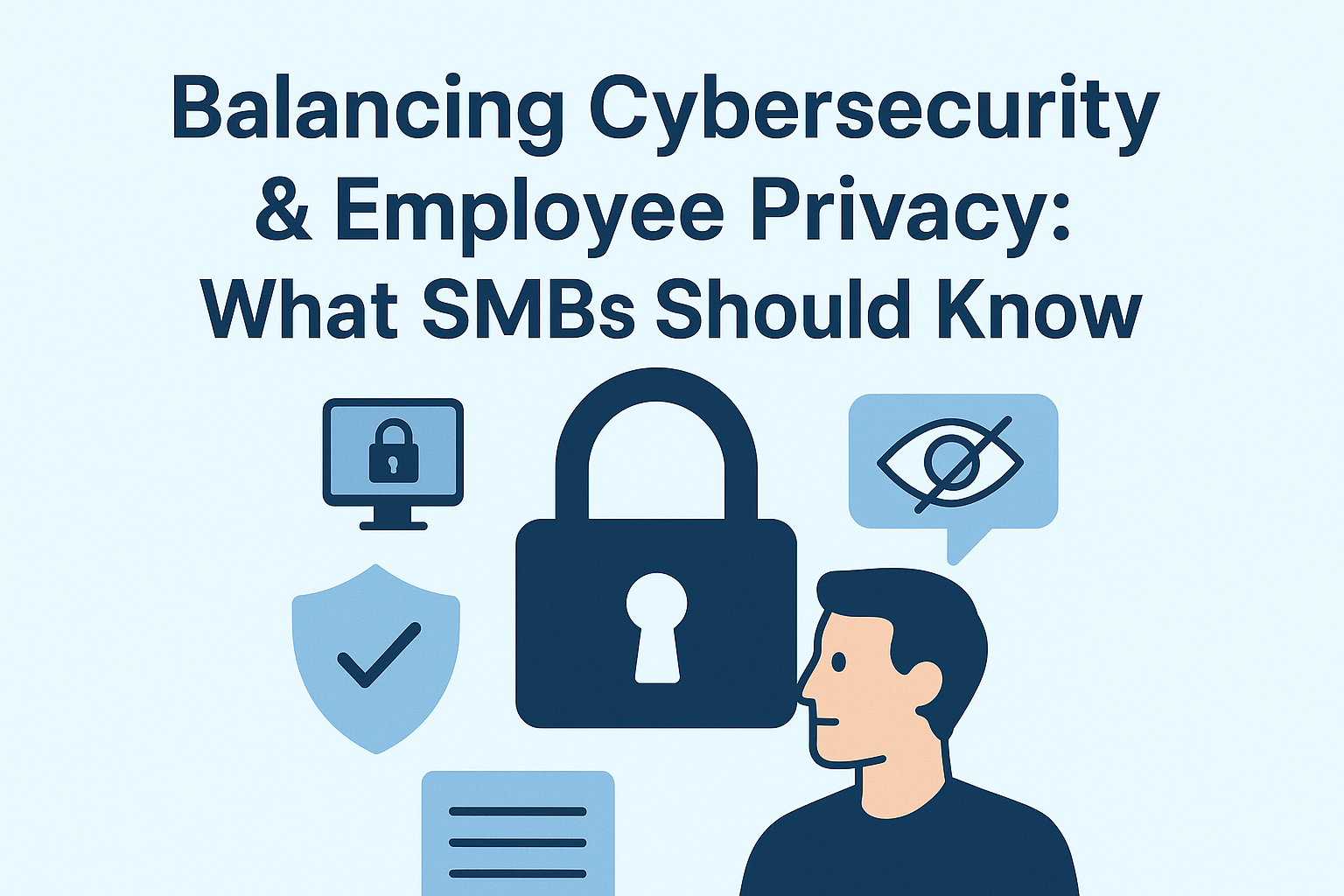Massive outages in public cloud platforms are making headlines—and not in a good way. AWS experienced a major outage last week, and right now, many are asking, “Is Microsoft down?” and “Is Azure down?” For businesses relying heavily on these services, downtime isn’t just inconvenient—it can be costly, impacting productivity, revenue, and customer trust.
These incidents highlight a key question: is public cloud always the safest choice for mission-critical workloads? For organizations that require reliability, security, and control, private cloud solutions offer compelling benefits that public platforms can’t always match.
1. Greater Reliability and Uptime
Public cloud platforms are shared environments. When millions of users depend on the same infrastructure, even small technical issues can ripple into large-scale outages. This week’s Azure disruption is a perfect example, prompting countless searches for “Is Azure down?”
Private cloud environments, in contrast, give your business full control over infrastructure. You can design redundancy, implement robust failover systems, and schedule maintenance to minimize disruptions. This ensures that your critical applications and data remain available even when public providers experience widespread outages.
2. Enhanced Security and Compliance
Security is a major concern in shared cloud environments. Multi-tenant systems mean your data is stored alongside other organizations’ data, which can increase exposure to vulnerabilities. With private cloud, you retain control over who accesses your systems, how data is encrypted, and how security policies are enforced.
Private cloud also simplifies compliance. Regulations like HIPAA, GDPR, and PCI DSS require strict data protection measures. With full control over infrastructure, organizations can implement and audit compliance protocols more effectively than in public cloud environments.
3. Custom Performance and Scalability
Performance in public cloud can be inconsistent. “Noisy neighbors”—other organizations using the same shared resources—can slow down workloads unexpectedly. Private cloud allows your IT team to allocate resources specifically for your applications, ensuring predictable and consistent performance.
Scalability is also easier to plan. While public cloud promises elastic growth, true scalability in a high-demand environment can be unpredictable and costly. Private cloud gives you the ability to scale on your own terms, optimizing both performance and cost.
4. Cost Predictability
While public cloud offers flexibility, it can come with unpredictable costs. High traffic periods, unexpected compute demands, or sudden outages can result in steep, unplanned bills. Private cloud often involves upfront investment but provides predictable operational costs, making it easier to budget for IT infrastructure without surprises.
5. Business Continuity and Disaster Recovery
Outages like the ones affecting AWS and Azure underline the importance of a strong disaster recovery strategy. Private cloud allows organizations to implement tailored backup and recovery solutions, reducing downtime and protecting critical business data. With private cloud, your continuity plan is in your hands—not dependent on the incident response of a public cloud provider.
Conclusion
Recent outages in AWS, Azure, and Microsoft 365 are a clear reminder that public cloud is not immune to disruption.
When teams start searching, “Is Microsoft down?” or “Is Azure down?”, the impact on business operations can be immediate and costly
Private cloud provides the control, security, reliability, and cost predictability that many organizations need to keep operations running smoothly—even when public cloud providers falter. For businesses that can’t afford downtime, private cloud isn’t just an alternative—it’s a safer, smarter choice.





